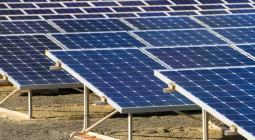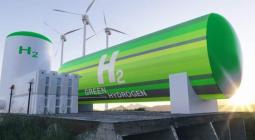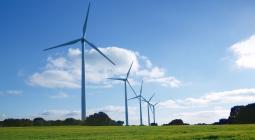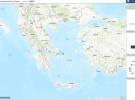DJIBOUTI: the country’s first wind farm inaugurated near Ghoubet Bay
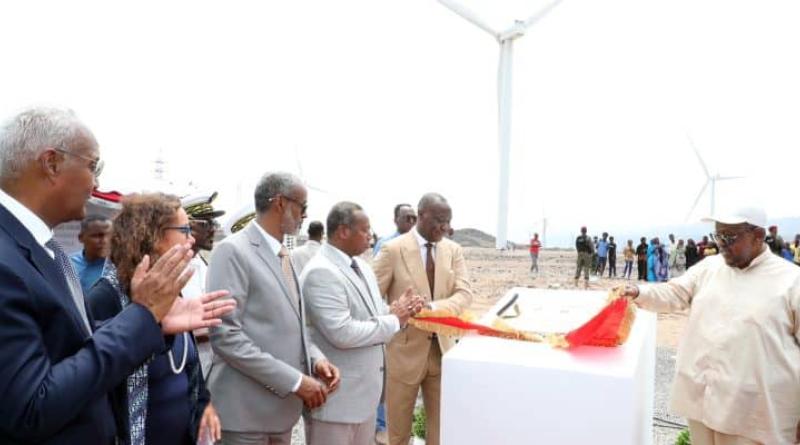
The Djibouti authorities recently inaugurated the country's first onshore wind farm near Ghoubet Bay. The facility, built under a public-private partnership (PPP), has a capacity of 60 MW.
Djibouti is now one of the world’s leading producers of wind energy. This was made possible by the inauguration of the Ghoubet wind farm on Sunday 10 September 2023 by Djibouti’s Head of State Ismaïl Omar Guelleh. This is the first large-scale facility to produce clean electricity in this country in the Horn of Africa.
The wind farm near Ghoubet Bay is equipped with 17 SG 3.4-132 wind turbines installed by Siemens Gamesa, covering an area of 395 hectares near the Anse (a small bay) of Ghoubet in the Arta region, along the border with the Tadjourah region. The turbines are supported by 150 m high masts (rods). The Ghoubet wind farm will have a capacity of 60 MW.
An expansion plan
The electricity produced is evacuated via a 220 megavolt ampere (MVA) substation, as well as a 5 km overhead transmission line. But the wind farm will see its capacity increased by 45 MW over the next few years, according to Red Sea Power (RSP), the special purpose company set up to develop the Ghoubet wind project. According to RSP, the wind farm will prevent the emission of 252,500 tonnes of CO2 per year, or the equivalent of 55,000 buses.
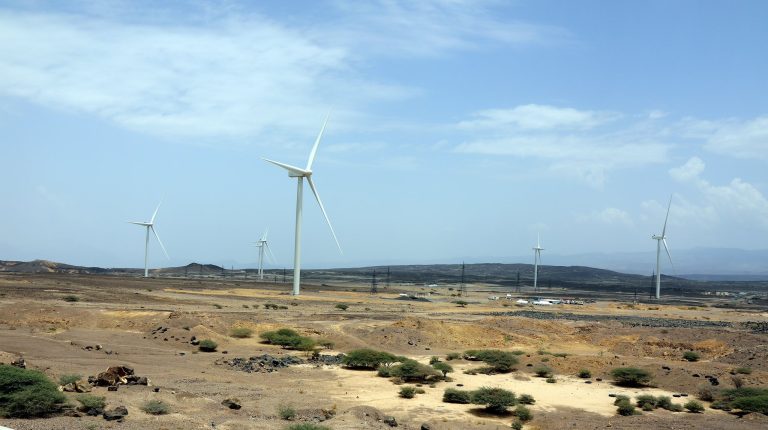
“In a country currently entirely dependent on imported fossil fuels and electricity, large-scale renewable energy solutions are urgently needed to increase resilience to climate change. Today’s inauguration is an important step towards Djibouti’s goal of relying exclusively on renewable energy sources by 2035,” explains François Maze, Managing Director of RSP.
An investment of $122 million
At present, Djibouti has an installed capacity of 126 MW generated entirely from fossil fuels, of which less than half is operational, according to Power Africa. The country imports some of its electricity (95 MW) from neighbouring Ethiopia. The Ghoubet wind farm, which required an investment of $122 million, will enable Djibouti to become more energy self-sufficient.
RSP, which developed the project under a public-private partnership (PPP), is owned by a consortium of investors led by Africa Finance Corporation (AFC). The company is also owned by the Netherlands Development Finance Corporation (FMO), Climate Fund Managers (CFM), and Great Horn Investment Holding (GHIH), an investment company owned by a unit of the Djibouti Ports and Free Zones Authority (DPFZA) and the Djibouti Sovereign Fund (DSF).


